
Desertification is one of the key consequences of climate change
With COP 28 just days away, Commonwealth Secretary General Baroness Scotland and Deutsche Bank’s Markus Müller speak about the need to prioritise implementation of climate goals at the critical global conference. In a conversation moderated by LUX Editor-in-Chief Darius Sanai, the Secretary-General and Deutsche Bank executive underscore the need for collective action for climate reversal on the part of the international community to counter an increasingly urgent crisis

Baroness Scotland
LUX: What are your hopes and expectations for this COP?
Baroness Scotland: My hope is that this COP will be the implementation COP. If you look at the COPs which have preceded it, you will see that there has been an awakening of the understanding about how urgent the danger is.
We have been talking historically about the existential threat for many of the members of my Commonwealth family. But that threat is not a threat: it is here. It is omnipresent. The “1.5 to stay alive” slogan is not a slogan, it is a reality. At the moment, 1.5 is on life support. We must give it the oxygen it needs. It means the difference between whether some of our small island developing states will continue to exist, or whether they will disappear.
Although it is encouraging to hear Australia say that they will take the people from states which are subsumed by the sea, such as Nauru, this still means that their traditions and cultures will all be gone. Their graveyards will be at the bottom of the sea after thousands of years of existence.
My aspiration for COP 28 is that we will deliver on the promises we will make. The $100 billion a year by 2020 that we were promised in 2009 still has not been delivered. It has to be delivered.
LUX: The richest countries are good at words, not implementations. What needs to change in order for that to be delivered?
BS: One change that has already happened is that businesses and the private sector are now intimately involved in the delivery. If you look back at previous COPs, even in 2016 there was still a debate as to whether climate change was real. There was a debate as to whether we would go green and blue in terms of energy. There was a debate about loss and damage. Those questions have been answered. If you look at what happened in Glasgow, the idea that the private sector would not be intimately involved in order to deliver the solutions is now unthinkable.
Second, which I have been saying for a while, we must recognise that human genius got us into this mess, and will now have to get us out of it. If you look at the industrial revolution, it was amazing, but that brought more devastation climatically than anything else. Human genius will have to get us out again. Some of the extraordinary developments – such as geo-spatial data – will allow us to better understand what is happening, and therefore, perhaps, how we can reverse it.

Oases in North Africa are disappearing as the Sahara spreads northwards due to climate change
A third change is that we have accepted that this isn’t just about adaptation and mitigation. When I first said in 2016 that we needed a regenerative approach to development which would reverse climate change, people thought that I was crazy. Now, everybody accepts that we need a regenerative approach – one which adapts, rather than just mitigates.

Markus Müller
LUX: Markus, as an economist and also someone who has said things that some people might have considered crazy at the time, but end up being true, what is your perspective on this COP?
Markus Müller: I think that this COP will be crucial. I completely support what Baroness Scotland has said. If we do not recognise what it takes now, it will be very difficult further down the line.
First, the Global Stocktake, which will take place for the first time at this COP, will reveal some uncomfortable truths. We will hear, for the first time, how far we are behind our plans. I hope and I think that this will be an awakening moment.
Secondly, we need to get a better understanding of global finance. Perhaps I am biased, but if we do not give the global financial market a role to play in this transition, then it won’t happen. The states alone will not be able to do this; we need the capacity of global finance – be it through risk pooling, or through its distribution channels of money, location and distribution – so that we can work on these devastating aspects.
From the perspective of an individual country, their financial needs are huge. From a global financial market point of view, this is more manageable. We have been speaking about this for years, but no solutions have been delivered so far. We must listen to financial institutions. We have the tools. Together, we are powerful, but in terms of negotiation, business, and finance, the right angle is missing. In this COP, finance is crucial, and then – of course – the transition discussion.
LUX: Have the opportunities for financial institutions to work with Commonwealth nations and governments changed in the last couple of years?
MM: We have always had excellent relationships with the countries of the Global South and Africa. However, as we see real world climate changes, financial needs are changing too.
It’s no longer about financing the past, the traditional infrastructure and traditional energy supply. We now need to finance the future – and this is something which is still missing. The vision of how the future could look is not there. We should ask ourselves, “What should we have done in order to be healthy in 2050?” as if we are in 2050 already, so that we know which direction we should take.
This discussion should take place in financial institutions. President Macron said this very clearly. We have the International Monetary Fund (IMF). We have the World Bank. We have these huge international institutions. But we need to be ready for the 21st century.
BS: We must also help them better understand debt, and to view the whole thing as an ecosystem. Up until recently we have looked at each element as a hermetically sealed, self-contained issue. But they are absolutely not.
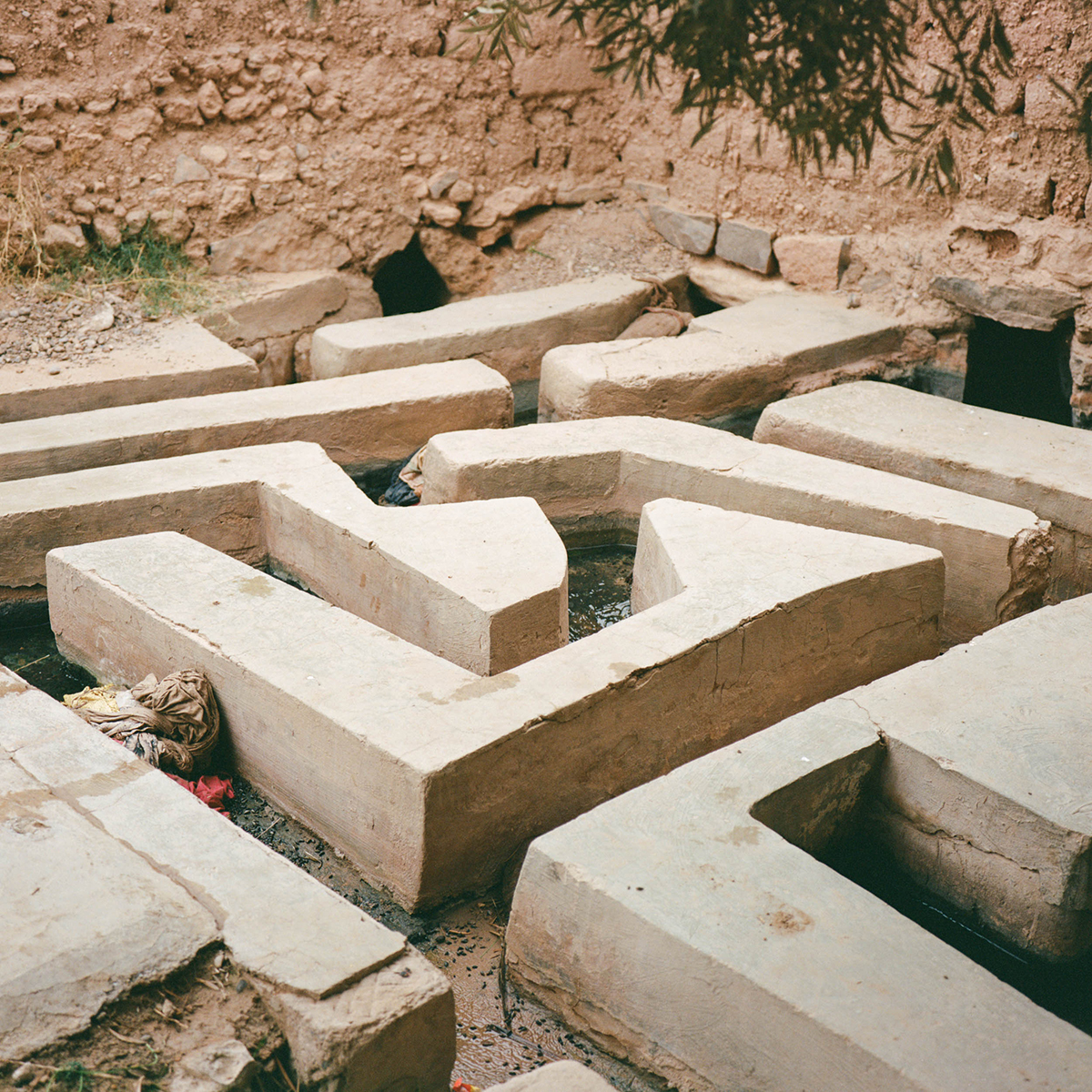
With global warming making desert margins unlivable, population flight is devastating communities and leading to refugee crises
When I started at the Commonwealth, we said that we needed a regenerative approach to climate change. That meant that we needed to do more on the ocean, so we began the Commonwealth Blue Charter. One of the things I really want is to increase the amount of money going to oceans, because it is absolutely unacceptable that about 0.01% goes to oceans. We are a blue planet, we’re not a land-based planet and to actually be putting almost nothing into what makes up the majority of the world is just crazy.
It is crazy that we are not using our intelligence better. Our Climate Finance Access Hub in Mauritius has mobilised $7.8 million dollars: we are talking about peanuts. We have deployed 19 climate finance advisors across Africa, the Pacific and Caribbean regions. We are working together with those advisors, and they have already delivered $316 million into the hands of the small states with more than $500 million in the pipeline. But I do not have the money to put a climate finance advisor in every country. I wish I did.
We have seen that these applications for international climate funds are taking too long to make. For some of our LEDCs (least economically developed countries), it will be two to four years before they get the application through. However, our most recent application for five countries, took less than a year, and we got $63 million. Why? Because in the last 7 years, we have honed the process. So when we look at loss and damage, we cannot put in the old-fashioned, useless system. We have to put in a speedy, effective system which will get people the money to make a difference. Bit by bit we are changing it.
But we need debt swaps. We need a good carbon market. We think we are within touching distance of doing that, because using satellites and geo-spatial data, we are within touching distance of understanding how much every tree on the planet can sequester. We will then have the granularity to have a real carbon market, based on real, concrete estimates.
That could be a gamechanger between the North and the Global South. The Global South still has the majority of the lungs of the world, which they are being asked to maintain – but nobody is paying them. If we can get a real carbon market, that means it will be possible for us to do the reversal in the Global South to keep us alive.

Water towers in Morocco bring together local people for their construction and maintenance and create a common community dedicated to their sustainable use. When the water dries up, due to desertification, community bonds are broken – a pattern repeated in climate-related environmental developments around the world
MM: I can agree. We have been starting to understand the nature topic better. Nature is a very valuable collateral, because it creates ecosystem services on which we all depend.
BS: It is remarkable how much has changed between when we started the Blue Charter Action Group and now. We worked with them on corals and, now, understanding the role that they play in restoration has improved globally. I have just returned from the Maldives, where I was looking at mangroves, which are huge in terms of sequestration, for and protecting coastlines. That conversation was not even happening six years ago, but now it is critical. The Maldives want to restore their mangroves. But the degradation is already there and, unless we do this quickly, it is not going to change.
MM: We must convince those who retain traditional thinking about these areas. This is a big hurdle, but if we activate the right players to do this, the solutions are there. Two years ago, we joined the Ocean Risk and Resilience Action Alliance (ORRAA), and moved with speed. Perhaps we did not do enough with regards to concrete finance, but we wanted to understand the matter first, before unleashing the power of our balance sheet.
BS: The way in which I have been approaching this from the moment I came into the Commonwealth was to ask this: “Where do we want to be in 2030? What are the outcomes?” We’ve been saying, if that’s where we want to be in 2030, what do we have to do three months, six months, nine months, a year, two years, three years? Although other people thought it was crazy, we were right.
Those of us in positions of power now need to understand that we will all be on the same indictment. History will look back and say, “tell me their names. What were they doing? What were they thinking? Why did they not move at a time when it was possible?”
But the reason why I’m confident and determined is because humanity is always at its best and its most ingenious when our backs are against the wall. And right now, globally, our backs are against the wall.
MM: This is the interesting thing about development. You need to have a decent degree of scarcity for development to really kick off. It’s sad in one way, but it’s also a very convincing catalyst for change.
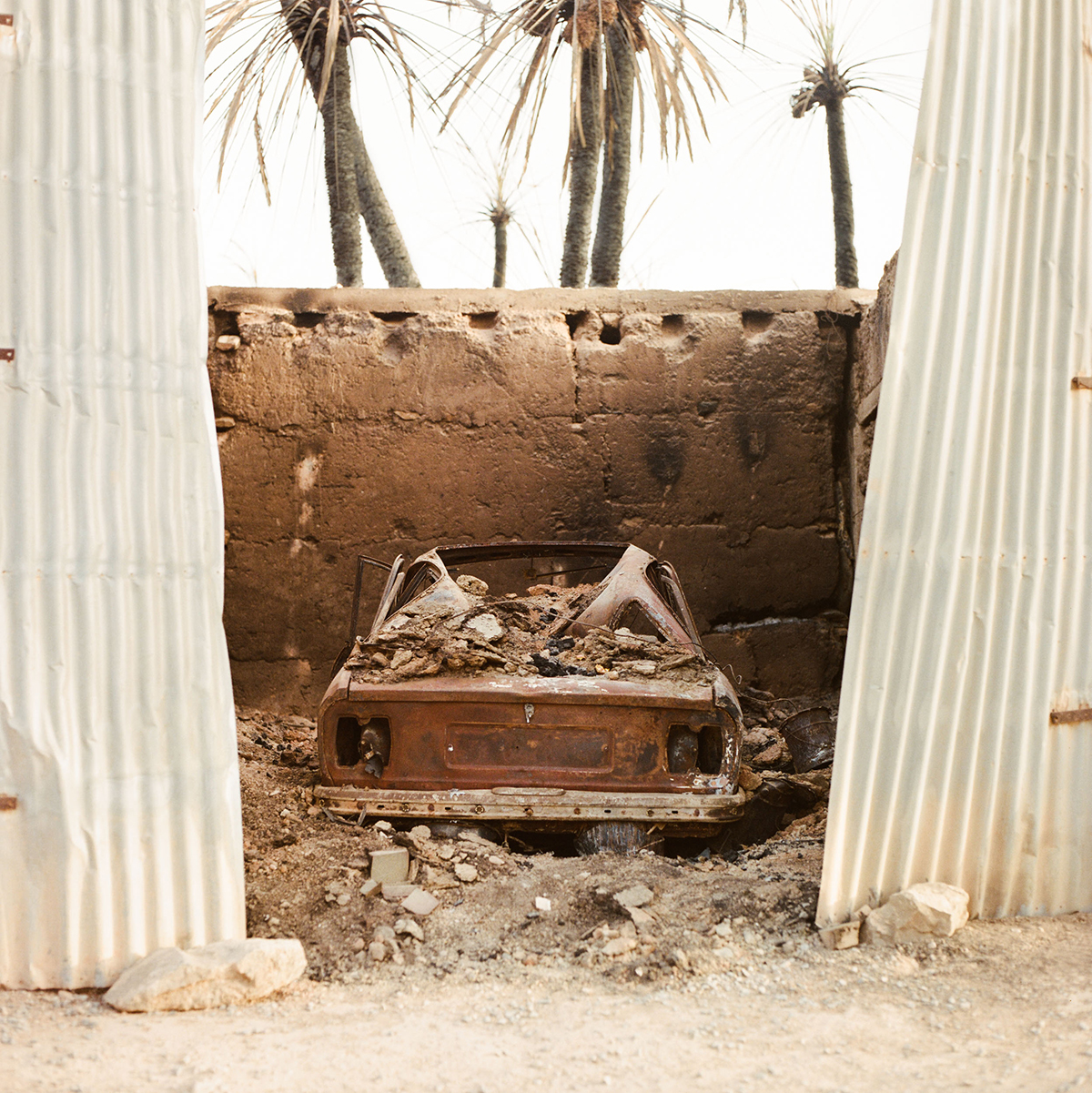
The aftermath of a August 2020, wildfire which burned houses, date palms, orchards, vegetable gardens and more than 400 heads of cattle in the oasis of Tighmert in Morocco.
The increase in temperature and water stress has a considerable impact on the vegetation of the oasis, which, dried out, becomes more likely to catch fire
I also think that this discussion that we are having is proof that we are anticipating what’s going to happen. All backlash against ESG or sustainability are, for me, a signal that ESG and sustainability are being seen as a priority – otherwise we would not be discussing them as intensively as we are now.
LUX: Are developments around the world down-grading consciousness of what needs to be done around sustainability and COP?
BS: I think we woke up and smelled the coffee during the COVID pandemic. There is almost no one I know who was not affected either directly or indirectly by COVID. Most of us know someone who died, someone who was badly affected and/or we ourselves suffered from the deprivation, the mental stress, etc. I think it made a lot of people wake up and think, “What is life all about? What do I value? Am I sure I’m going to have it tomorrow?”
The other thing it did was emphasise the fact that unless we make sure others are safe, we won’t be safe and the people we love won’t be safe. The madness that we’re going through globally at the moment, the fact that every region of our world seems to be under threat, is making this fact even more omnipresent. It’s a tangled web of interlocking crises, and that’s what makes this time so volatile, so dangerous. If we don’t have a world, all the other things are not going to matter because we’re not going to be here.
I think for those in the Global South, this has remained the number one priority. What’s interesting is the agenda is being raised in the Global North, because the number of climatic disasters in the Global North is finally rising. Before, people would say the crisis had nothing to do with them. But when your coastline has been battered, when countries that have never seen a hurricane are suffering them, when trees are falling and floods are happening, when ordinary people’s lives in western cities are being made conscious of climate change, now it’s something people want to talk about.
MM: We know that cooperation is a very shy and very sensitive creature. Not being collaborative is not the superior strategy, it is the naive strategy. The smartest strategy is collaboration, but collaboration only works if there is a mutual dependency on it. This is exactly what Baroness Scotland just described; we now have a mutual dependency which is becoming evident and measurable.
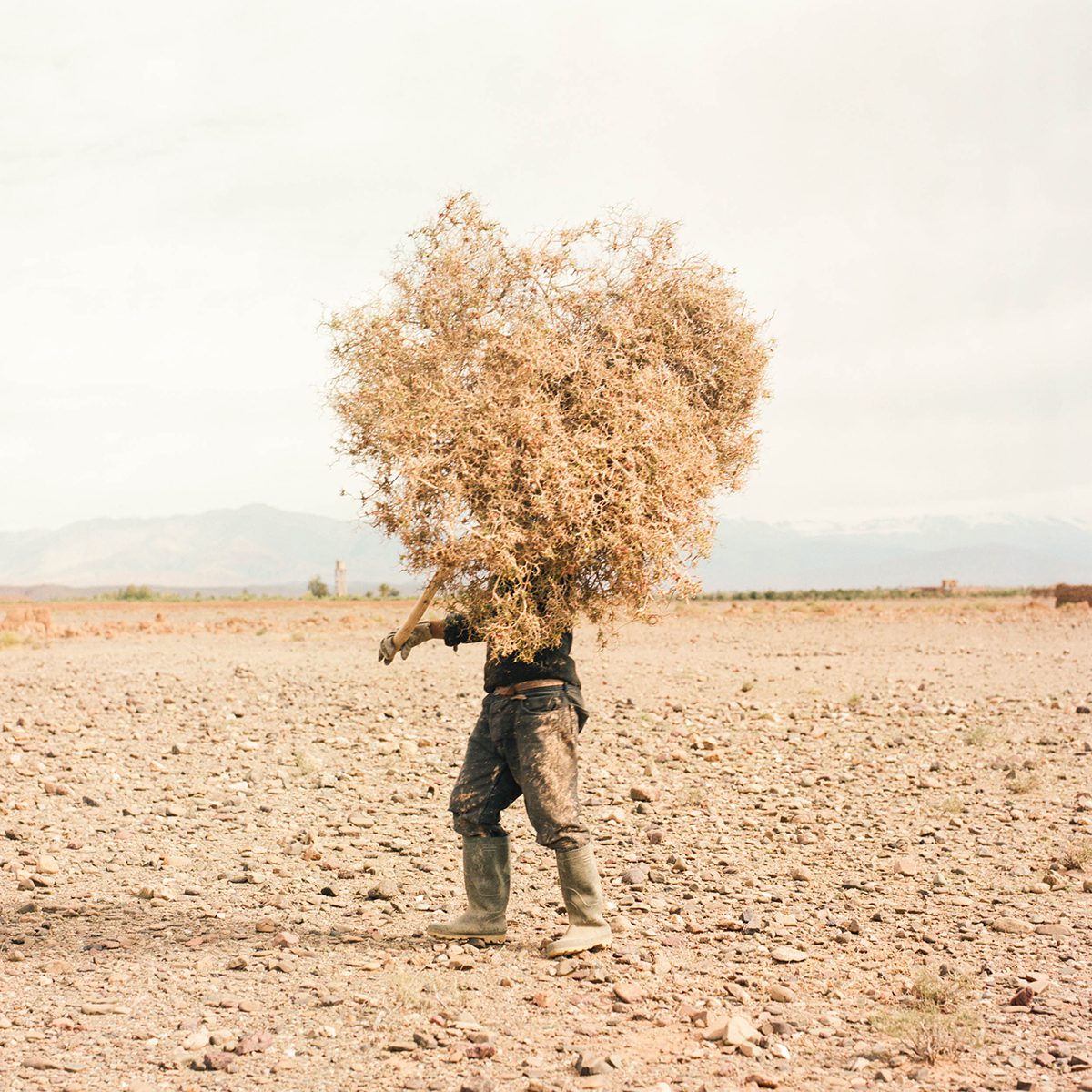
A global temperature rise of several degrees, which the world is on track to suffer over the coming decades, would make this land uninhabitable
How can we solve the biggest problem humanity is facing? I believe in nature. Nature is stronger than humans, and it is currently taking back what humanity has taken. We need to be humble, but also use this as a tool for prosperity, because we need prosperity in order to survive and to create social stability. This also goes back to the aforementioned human genius, and to nature’s genius. Let’s activate this and let’s get there.
BS: And just think about the technological changes we’ve gone through in the last year. AI and digital and machine learning is enabling us to do analytical work exponentially faster. Before, you would have to do computations, which would have taken you 5-6 years. We’re now able to do the same computations within the space of weeks.
In the Commonwealth we’ve created and launched an AI consortium to look at the needs of small and developing states in particular. There are 42 small states in the world and we have 33 of them; if we can address the needs of those small states, this becomes a microcosm that we can use to solve many other problems. This interconnection and understanding that what works for one of us could work for all of us, is particularly powerful and why I am so delighted that the Commonwealth of 56 is being used as a kind of petri dish. We’ve got all regions: rich ones, poor ones, landlocked, island states, developed, all faiths. Therefore, if we can work something out that can work for our 56 countries, it is likely that it could become a pathway for the rest of the world.
LUX: What would be a satisfactory, realistic COP?
MM: I think what would make me satisfied is, first of all, to come to a joint conclusion on how to phase out fossil fuels in a way that this transition provides further prosperity for our countries and societies.
Secondly, I would say that this COP would be a successful COP if we were to get an agreement on how to finance the inclusion of the Global South in the economic and sustainability transition processes. The Loss and Damage Fund was meant to be this tool, but there is no money behind it. We need to get this signed by all nations.
Finally, I would love to see that nature as a whole, be it the ocean or biodiversity, gets closer to the climate discussion this COP. We must use tools like carbon credits and biodiversity credits to transfer the money from the users to the object or subject to be financed. For example, rainforests are our common goods to sequester carbon, to really get the finance mechanism working.
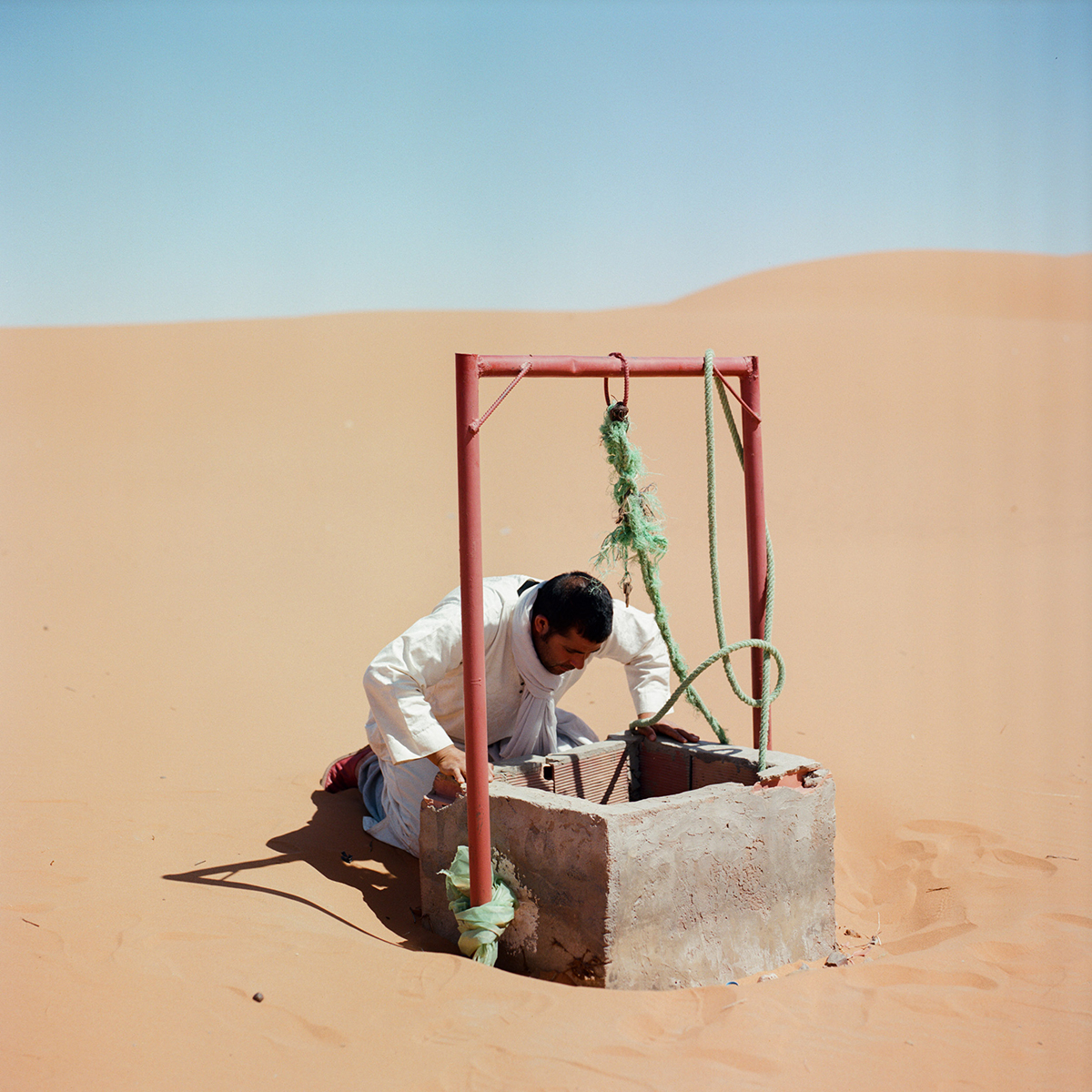
Climate change means that in some areas, water resources have vanished, while other lands are disappearing under increasingly acidifying oceans due to rising sea levels and higher CO2 levels
BS: I agree, and that really means we will have created a regenerative model of sustainable change to deliver climate reversal at this COP. That’s what we need. We also need – and I think we will hopefully get it – an understanding that this is a multifaceted, multidimensional approach needed by everybody. It will be business, it will be foundations, it will be individuals, it will be governments, it will be led by all of us.
Markus is right. We’ve got to get the money right, and there is no point in making promises that are then not kept. We’ve got to focus on action and what that action is going to be and by whom. I think the most important thing is to be honest with ourselves and with each other as to what this quantum leap, this paradigm shift, is going to mean for each of us. And then we have to do it.
MM: I see this COP as a gym, as a fitness centre, where we all struggle and get ready for the next step. I don’t know how much weight I can lift, but at least I’m training, right?
BS: And instead of doing the hundred metre dash on our own, we’re on a relay and everybody knows which run they have to make, where the baton is and who to give it to. There’s an understanding now that unless we run as a team and we connect, we’re all going to lose. If anybody drops the baton, it’s over.
All photography in this article from the series ‘Before it’s gone’ by M’hammed Kilito, winner of the 2023 Photography Prize for Sustainability, as featured in LUX
The 28th Conference of the Parties of the UNFCCC (COP) is set to take place between the 30th November and 12th December 2023
Baroness Scotland is the 6th Commonwealth Secretary-General
Markus Müller is Chief Investment Officer of ESG & Global Head of Chief Investment Office at Deutsche Bank’s Private Bank
Find out more: unfccc.int/cop28


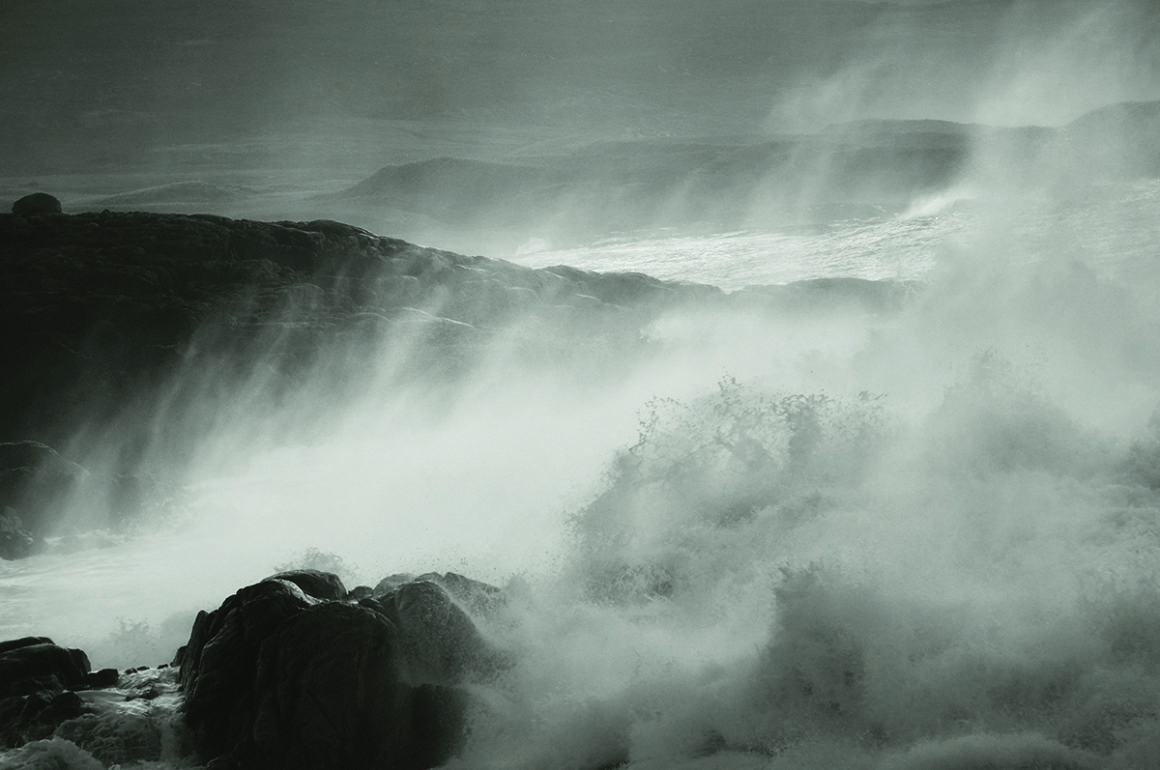
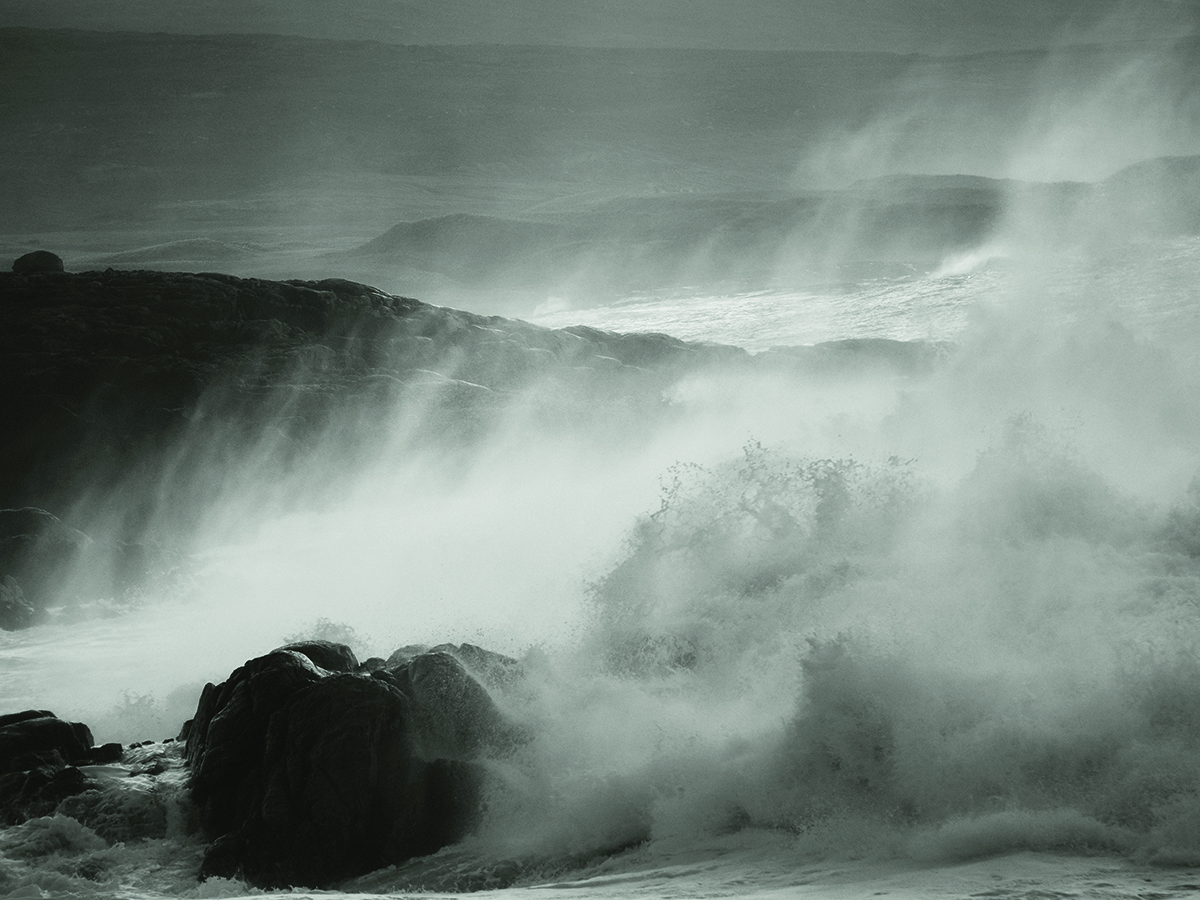
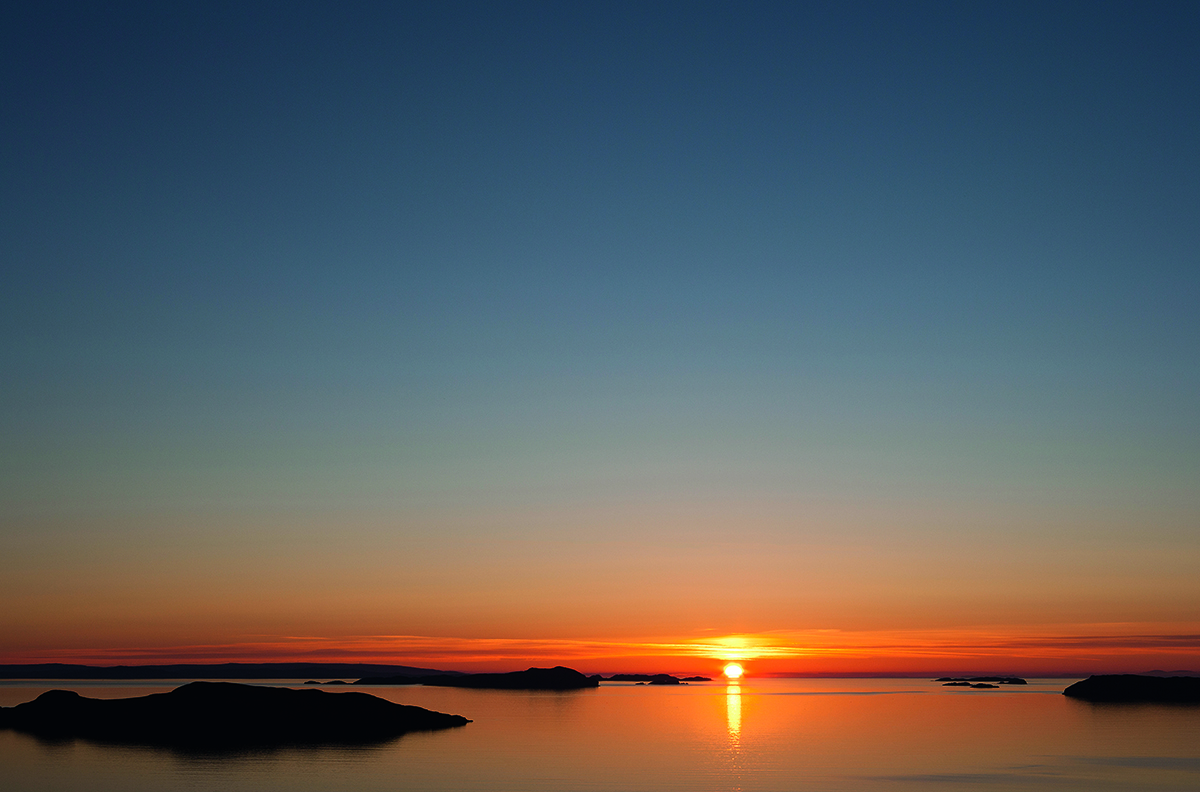
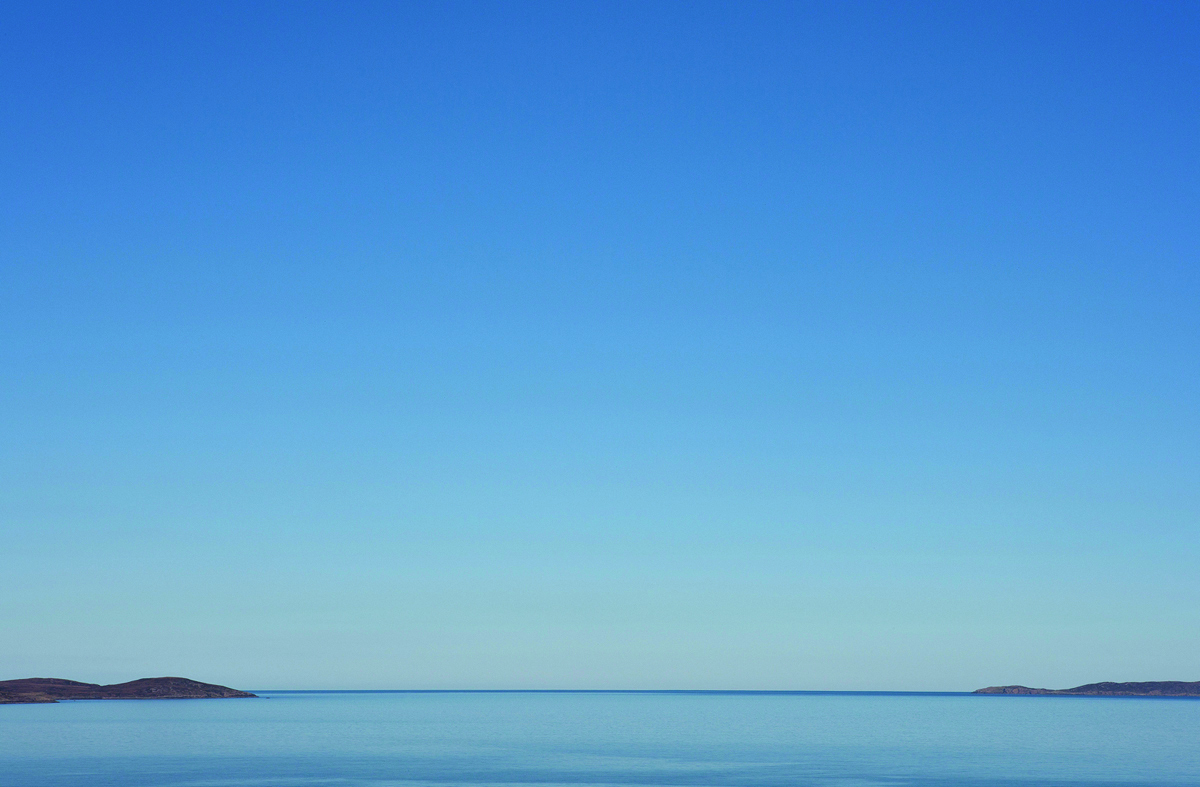





Recent Comments